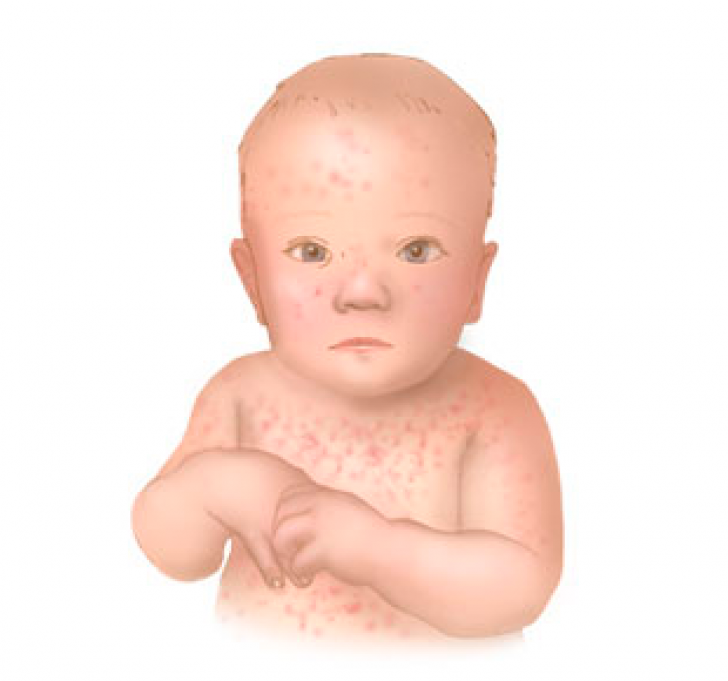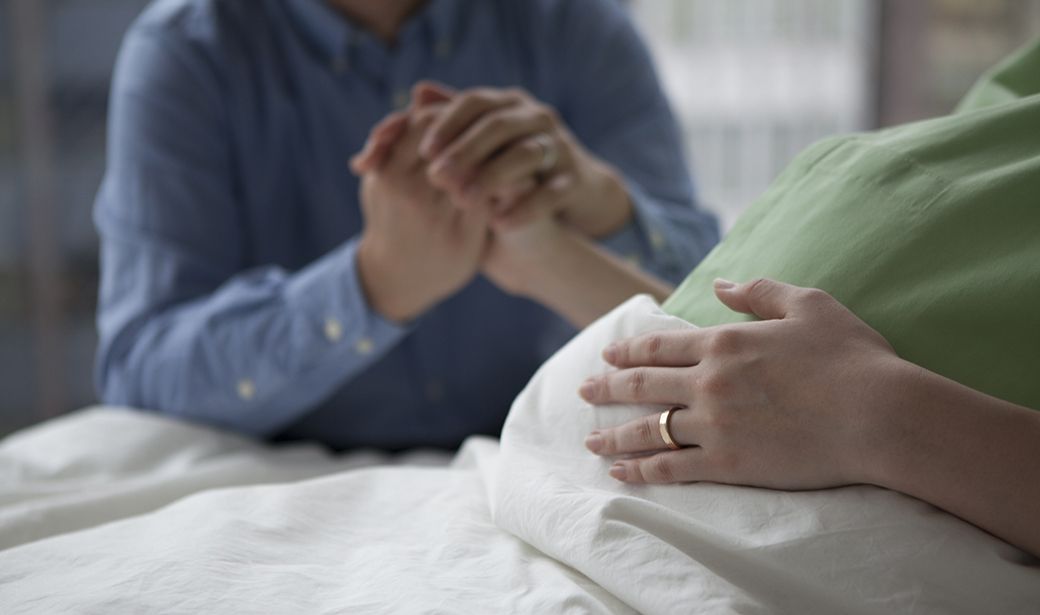Parental anxiety symptoms
Parental anxiety: Causes and effects
Parental anxiety is the worry, fear, and stress some people experience in relation to their role as a parent or caregiver.
Taking care of a child or children is a big responsibility. Most parents or caregivers feel anxiety occasionally, but for some people, parental anxiety can impact the quality of their life or the child’s life.
This article outlines parental anxiety, signs, common triggers, and how it can affect the adult and the child.
Anxiety is a common mental health problem. Around 31% of adults in the United States have an anxiety disorder at some stage.
Parental anxiety is the term for anxiety related to being a parent or caregiver. It can involve worrying about the child’s health and well-being, milestones, performance at school, and social life.
Parental anxiety can affect people with children of any age.
Most people feel anxious from time to time. General symptoms of anxiety include:
- feelings of restlessness
- feeling wound up or on edge
- feelings of worry
- fatigue
- difficulty concentrating
- difficulty sleeping
- being irritable
- headaches
- muscle aches
- stomach aches
Signs that a person has parental anxiety include:
- avoiding putting a child in relatively safe situations they perceive as harmful
- vocalizing feelings of worry or stress to other people, including a child
- having persistent thoughts that something bad could happen to a child
- spending excessive time worrying over small details relating to a child
Learn more about anxiety here.
Several factors can trigger anxiety in a parent or caregiver. These include worries about the child’s:
- health
- development, including meeting certain milestones
- socialization
- performance at school
- emotional well-being
Parental anxiety can increase a child’s risk of developing childhood anxiety.
One 2019 review analyzed 25 studies and concluded that children were significantly more likely to have anxiety and depressive disorders if their parents had an anxiety disorder.
The review added that children of parents with anxiety were more likely to develop these specific types of anxiety:
- generalized anxiety disorder
- separation anxiety disorder
- specific phobia
Certain fears and worries are common in young children. However, if a child does not outgrow these worries or they interfere with their school, home, or play activities, they may have an anxiety disorder.
Common signs that a child has an anxiety disorder include:
- being afraid when they are away from their parents
- having extreme fear about certain situations or things, such as dogs, insects, or visiting the doctor
- being afraid of school and other places where there are large numbers of people
- feeling worried about the future and fearing that bad things may happen
- being reluctant to try new things or take risks
A child with anxiety may also experience repeated episodes of sudden, intense fear. These episodes can happen unexpectedly and may cause the child to experience:
These episodes can happen unexpectedly and may cause the child to experience:
- a pounding heartbeat
- trouble breathing
- feelings of dizziness
- shakes
- sweating
Parental anxiety can cause a person to feel nervous, jittery, tense, frightened, and on edge. It can also have the following effects:
Cognitive issues
A person with parental anxiety may experience the following cognitive issues:
- fear of losing control of a child or a child not needing them
- fear that the child will hurt themselves or die
- worry that others may think negatively of their parenting skills or the child
- have frightening thoughts or mental images relating to the child
- an inability to concentrate and a shorter attention span
- poor memory
- have difficulty speaking
Behavioral issues
A person with parental anxiety may also experience the following behavioral issues:
- avoid situations they perceive as harmful or dangerous for the child
- avoid situations that trigger their anxiety
- pursue safe, reassuring situations
- discourage the child from engaging in activities they perceive as risky
- become agitated
Learn about the physical effects of anxiety here.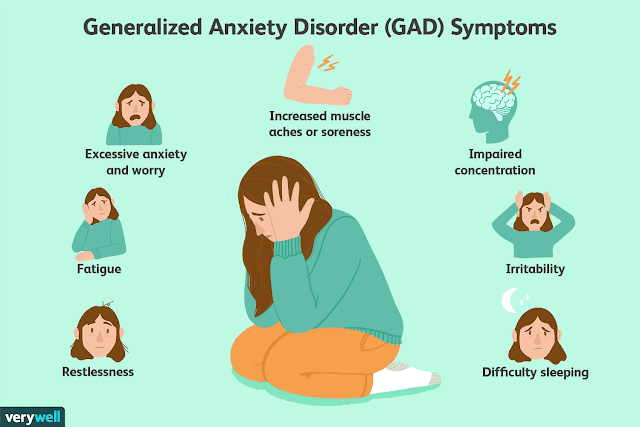
People who have parental anxiety can try the following ways to manage their symptoms and avoid passing on their anxiety to others.
Plan ahead
A person can try to plan ahead about how to deal with triggering situations when they arise. For example, listing situations in a journal and coping strategies to employ, such as getting some fresh air, making a drink, listening to a favorite song, or deep breathing.
Practice coping skills
Individuals can find and practice ways to tolerate stress. When children see that a caregiver uses strategies to cope with stress, they will learn how to cope with stress themselves. Try to adopt a calm demeanor in front of the child and be aware of facial expressions and word choice.
Be open
Adults can be open with children about coping with anxiety. For example, if a caregiver shouts at a child during a stressful moment, they can later explain how they felt at that moment, and that shouting was their reaction. They could then discuss other ways they could have reacted and how they could react in the future.
Avoid sending the wrong messages
An anxious caregiver might unintentionally teach a child that certain situations are to be feared because they fear them themselves. For example, if a parent is fearful of swimming or being in the water, they may panic when their child is near water and transmit their fear to them.
Where possible, a caregiver could arrange to remove themselves from such situations and leave their child in the safe care of someone else.
Use stress management techniques
Stress management techniques can help a person reduce symptoms of anxiety. They include:
- exercise
- mindfulness
- meditation
- yoga
- deep breathing exercises
Seek help
A person can talk with a doctor or mental health professional about ways to manage anxiety. They may be able to signpost a person to support groups online or in person where they can share their experiences with others.
Finding support from friends and family members can also ease the pressure on a caregiver with anxiety.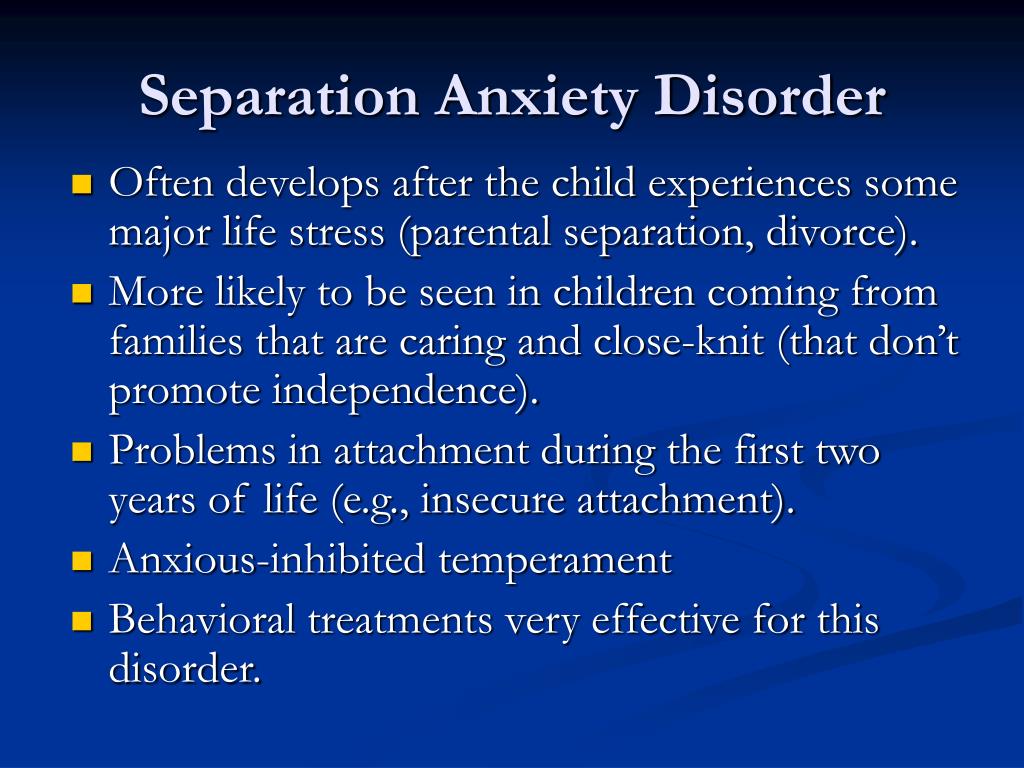
Try cognitive behavioral therapy (CBT)
CBT is a type of therapy that focuses on the relationships between a person’s thoughts, feelings, and behaviors. CBT can equip a person with coping strategies that can help them manage challenging situations.
Research has shown that CBT is an effective treatment for anxiety.
Medication
A doctor may prescribe medications for people with severe parental anxiety.
Common anxiety medications include:
- antidepressants
- antianxiety medications
- beta-blockers
A person should contact a doctor if their parental anxiety is affecting their daily life, their children’s lives, or causing distress.
By speaking with a medical professional, a person can understand more about their anxiety and get useful advice on managing their anxiety symptoms.
Anxiety is a common mental health disorder in the U.S.
Long-term anxiety can increase a person’s risk of other health conditions, such as depression, digestive issues, insomnia, and chronic pain conditions.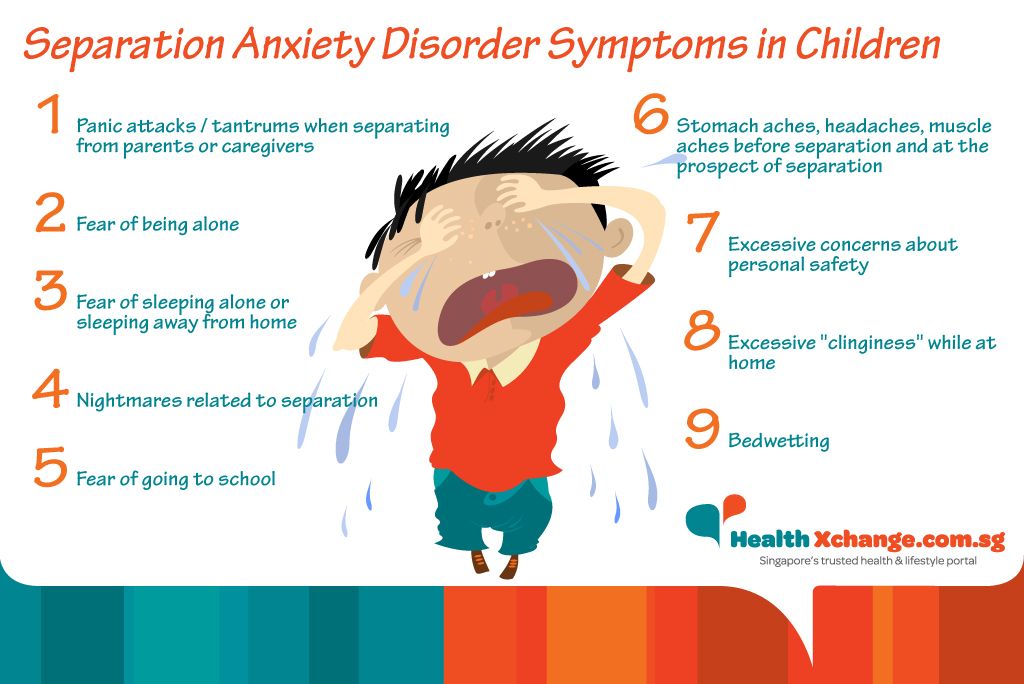
Anxiety can respond well to treatment, and people who receive treatment can recover well and enjoy a good quality of life.
Parental anxiety is the feeling of worry, fear, and stress related to being a parent or caregiver.
Triggers for parental anxiety include worries over a child’s learning development, health, well-being, and relationships with others.
Parental anxiety can cause a parent to avoid situations or have negative thoughts. They may also experience physical symptoms of anxiety.
Parental anxiety may increase a child’s risk of developing childhood anxiety.
A person can manage their anxiety by planning ahead, using stress management techniques, and talking with a healthcare professional. They can also join support groups and share their experiences with others who understand their situation.
Parental anxiety: Causes and effects
Parental anxiety is the worry, fear, and stress some people experience in relation to their role as a parent or caregiver.
Taking care of a child or children is a big responsibility. Most parents or caregivers feel anxiety occasionally, but for some people, parental anxiety can impact the quality of their life or the child’s life.
This article outlines parental anxiety, signs, common triggers, and how it can affect the adult and the child.
Anxiety is a common mental health problem. Around 31% of adults in the United States have an anxiety disorder at some stage.
Parental anxiety is the term for anxiety related to being a parent or caregiver. It can involve worrying about the child’s health and well-being, milestones, performance at school, and social life.
Parental anxiety can affect people with children of any age.
Most people feel anxious from time to time. General symptoms of anxiety include:
- feelings of restlessness
- feeling wound up or on edge
- feelings of worry
- fatigue
- difficulty concentrating
- difficulty sleeping
- being irritable
- headaches
- muscle aches
- stomach aches
Signs that a person has parental anxiety include:
- avoiding putting a child in relatively safe situations they perceive as harmful
- vocalizing feelings of worry or stress to other people, including a child
- having persistent thoughts that something bad could happen to a child
- spending excessive time worrying over small details relating to a child
Learn more about anxiety here.
Several factors can trigger anxiety in a parent or caregiver. These include worries about the child’s:
- health
- development, including meeting certain milestones
- socialization
- performance at school
- emotional well-being
Parental anxiety can increase a child’s risk of developing childhood anxiety.
One 2019 review analyzed 25 studies and concluded that children were significantly more likely to have anxiety and depressive disorders if their parents had an anxiety disorder.
The review added that children of parents with anxiety were more likely to develop these specific types of anxiety:
- generalized anxiety disorder
- separation anxiety disorder
- specific phobia
Certain fears and worries are common in young children. However, if a child does not outgrow these worries or they interfere with their school, home, or play activities, they may have an anxiety disorder.
Common signs that a child has an anxiety disorder include:
- being afraid when they are away from their parents
- having extreme fear about certain situations or things, such as dogs, insects, or visiting the doctor
- being afraid of school and other places where there are large numbers of people
- feeling worried about the future and fearing that bad things may happen
- being reluctant to try new things or take risks
A child with anxiety may also experience repeated episodes of sudden, intense fear. These episodes can happen unexpectedly and may cause the child to experience:
These episodes can happen unexpectedly and may cause the child to experience:
- a pounding heartbeat
- trouble breathing
- feelings of dizziness
- shakes
- sweating
Parental anxiety can cause a person to feel nervous, jittery, tense, frightened, and on edge. It can also have the following effects:
Cognitive issues
A person with parental anxiety may experience the following cognitive issues:
- fear of losing control of a child or a child not needing them
- fear that the child will hurt themselves or die
- worry that others may think negatively of their parenting skills or the child
- have frightening thoughts or mental images relating to the child
- an inability to concentrate and a shorter attention span
- poor memory
- have difficulty speaking
Behavioral issues
A person with parental anxiety may also experience the following behavioral issues:
- avoid situations they perceive as harmful or dangerous for the child
- avoid situations that trigger their anxiety
- pursue safe, reassuring situations
- discourage the child from engaging in activities they perceive as risky
- become agitated
Learn about the physical effects of anxiety here.
People who have parental anxiety can try the following ways to manage their symptoms and avoid passing on their anxiety to others.
Plan ahead
A person can try to plan ahead about how to deal with triggering situations when they arise. For example, listing situations in a journal and coping strategies to employ, such as getting some fresh air, making a drink, listening to a favorite song, or deep breathing.
Practice coping skills
Individuals can find and practice ways to tolerate stress. When children see that a caregiver uses strategies to cope with stress, they will learn how to cope with stress themselves. Try to adopt a calm demeanor in front of the child and be aware of facial expressions and word choice.
Be open
Adults can be open with children about coping with anxiety. For example, if a caregiver shouts at a child during a stressful moment, they can later explain how they felt at that moment, and that shouting was their reaction. They could then discuss other ways they could have reacted and how they could react in the future.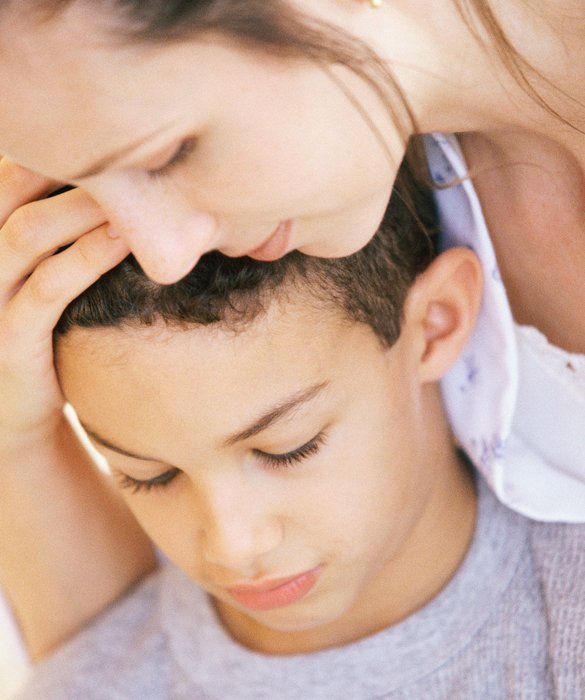
Avoid sending the wrong messages
An anxious caregiver might unintentionally teach a child that certain situations are to be feared because they fear them themselves. For example, if a parent is fearful of swimming or being in the water, they may panic when their child is near water and transmit their fear to them.
Where possible, a caregiver could arrange to remove themselves from such situations and leave their child in the safe care of someone else.
Use stress management techniques
Stress management techniques can help a person reduce symptoms of anxiety. They include:
- exercise
- mindfulness
- meditation
- yoga
- deep breathing exercises
Seek help
A person can talk with a doctor or mental health professional about ways to manage anxiety. They may be able to signpost a person to support groups online or in person where they can share their experiences with others.
Finding support from friends and family members can also ease the pressure on a caregiver with anxiety.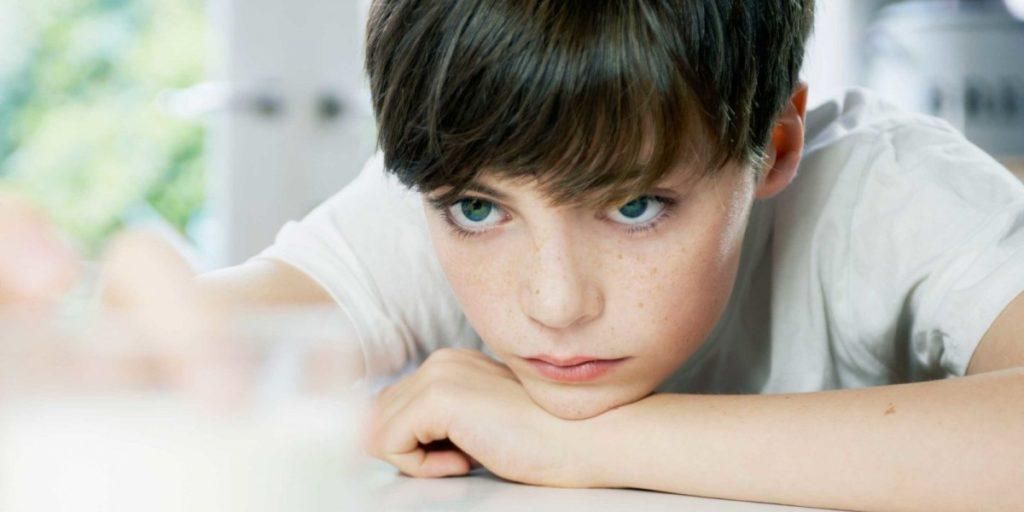
Try cognitive behavioral therapy (CBT)
CBT is a type of therapy that focuses on the relationships between a person’s thoughts, feelings, and behaviors. CBT can equip a person with coping strategies that can help them manage challenging situations.
Research has shown that CBT is an effective treatment for anxiety.
Medication
A doctor may prescribe medications for people with severe parental anxiety.
Common anxiety medications include:
- antidepressants
- antianxiety medications
- beta-blockers
A person should contact a doctor if their parental anxiety is affecting their daily life, their children’s lives, or causing distress.
By speaking with a medical professional, a person can understand more about their anxiety and get useful advice on managing their anxiety symptoms.
Anxiety is a common mental health disorder in the U.S.
Long-term anxiety can increase a person’s risk of other health conditions, such as depression, digestive issues, insomnia, and chronic pain conditions.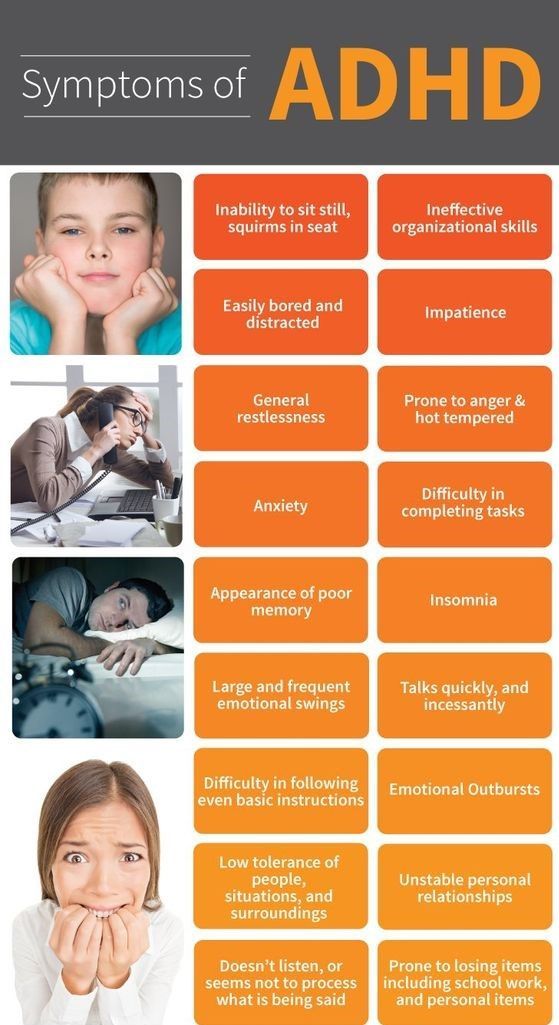
Anxiety can respond well to treatment, and people who receive treatment can recover well and enjoy a good quality of life.
Parental anxiety is the feeling of worry, fear, and stress related to being a parent or caregiver.
Triggers for parental anxiety include worries over a child’s learning development, health, well-being, and relationships with others.
Parental anxiety can cause a parent to avoid situations or have negative thoughts. They may also experience physical symptoms of anxiety.
Parental anxiety may increase a child’s risk of developing childhood anxiety.
A person can manage their anxiety by planning ahead, using stress management techniques, and talking with a healthcare professional. They can also join support groups and share their experiences with others who understand their situation.
How to deal with parental anxiety
Anxiety and worry is normal. When we cannot fully control the situation, we begin to worry and calculate different options for how the situation may turn out. This is a good property of the psyche, which protects us from terrible consequences.
This is a good property of the psyche, which protects us from terrible consequences.
About parental anxiety
In the case of parental anxiety, if this anxiety is functional, then it helps the parent not to forget about the child, not to "slaughter" him. On the contrary, think about the consequences of your behavior and the behavior of the child. This really protects the child from many dangers that he is not yet aware of.
What is dysfunctional anxiety?
It happens when anxiety becomes dysfunctional. And it happens often enough.
When a parent begins to worry almost always. When anxiety becomes a constant "companion" of parenthood.
Personal reasons for high parental anxiety
This can be facilitated by the personal qualities of the parent , for example, perfectionism , when he expects that he can completely control everything that happens to the child, do everything according to the highest standard, sets himself unrealistic goals, spends all his strength to achieve them, and then gets upset that he did not succeed.
Another cause of increased parental anxiety can be a person's general anxiety as his personality trait . As a rule, anxious parents worry not only about their children, they are worried and worried about a lot of things: the financial situation, the political situation, our position on the world stage, etc. And all these thoughts that we cannot control everything that happens to us can be maddening and lead to a neurotic state.
Another reason for increased anxiety of a parent may be, for example, children's experiences with their parents . This can also influence how we build relationships with a child today.
But all these reasons that I listed above relate, first of all, to the personal qualities of a person, his work on himself. Let's just say that this is a subject for discussion in personal psychotherapy.
Along with personal reasons for increased anxiety, there are also external, social reasons that contribute to the fact that now we often meet anxious parents.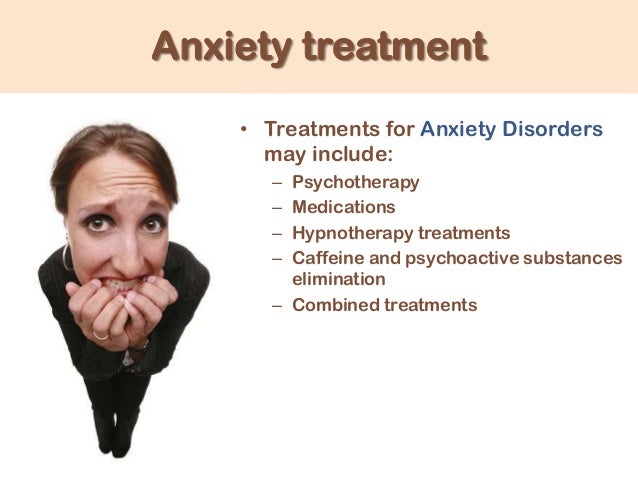
Social causes of high anxiety in parents
What increases parental anxiety?
First of all, now the state controls quite closely the process of raising a child . And the parent automatically becomes the one who is evaluated, who must meet some standards and provide a child who meets the standards to school. He is invisibly controlled by guardianship authorities. I often come across such a phrase in the statements of parents: “What if they take it away. Here the neighbors will hear that I am yelling at him or hitting him, and they can take the child.”
On the one hand, this is really good, because not every parent tries to do their job well. We all know about families where parents are dependent, for example, on drugs and alcohol. At the same time, invisible control, the feeling that they can always “tap” somewhere “upstairs”, that education is not going properly - this is one of the factors that give rise to anxiety among parents.
The school can also be a source of parental anxiety.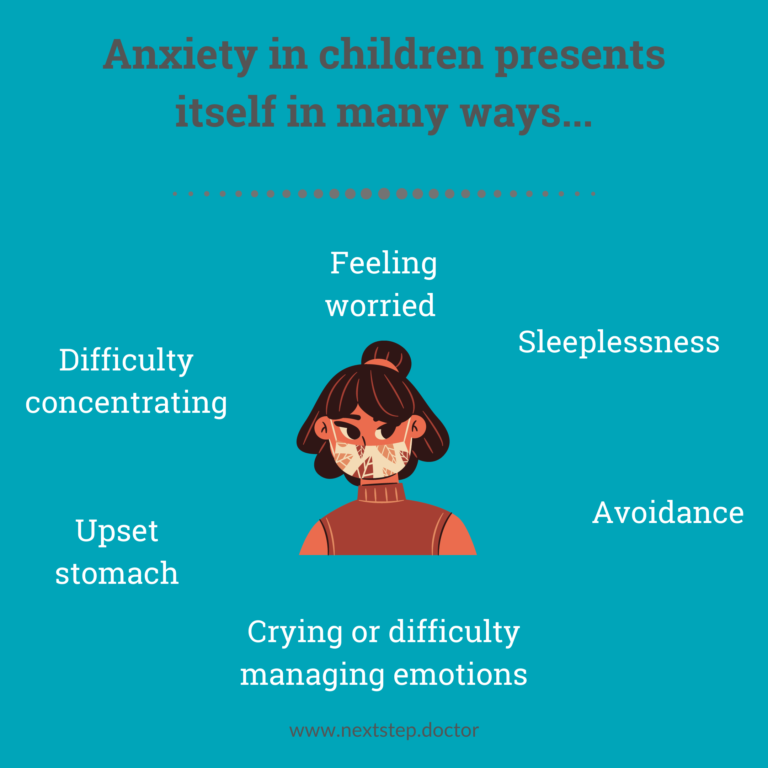
And we have not yet touched upon the education system, which itself is all “saturated” with anxiety.
Indeed, there have been a lot of changes in the education system lately. Teachers and educators themselves feel extremely unstable emotionally. And this anxiety is transmitted to children and parents. The parent, it turns out, to some extent reports to the school for how his child is dressed, how he behaves, what he says. And if the child does not fall within the norms of the school, the parent has to make excuses for this, he is immediately put in the position “0051 ". And there is a feeling that the parent himself turns into a child, whom he evaluates and who was given a deuce. And the teacher scolds him that he did his homework poorly.
Another social cause is society as a whole, those stereotypes about education that are now being broadcast everywhere . And at the same time - the vagueness of this position, its inconsistency. On the one hand, you can not beat a child, but how to punish? You'd be surprised how many parents can't really figure out how to punish their child. And if they beat a child, they understand that it is impossible, they are tormented by a sense of guilt. But they cannot do otherwise, because they cannot think of other ways of punishment. And the belt is obtained by that desperate gesture that the parent goes to, because well, he has no other arguments left, he has no strength left to patiently explain. The parent feels that it does not work, and what works is not clear. At least after the belt, the child sits quietly for several days and does everything they say.
On the one hand, you can not beat a child, but how to punish? You'd be surprised how many parents can't really figure out how to punish their child. And if they beat a child, they understand that it is impossible, they are tormented by a sense of guilt. But they cannot do otherwise, because they cannot think of other ways of punishment. And the belt is obtained by that desperate gesture that the parent goes to, because well, he has no other arguments left, he has no strength left to patiently explain. The parent feels that it does not work, and what works is not clear. At least after the belt, the child sits quietly for several days and does everything they say.
Now there are a lot of such questions for which there is no clear answer in society. Previously, it seemed to be more or less clear whether it was possible to beat or not, how a child should behave, how a father should behave, like a mother.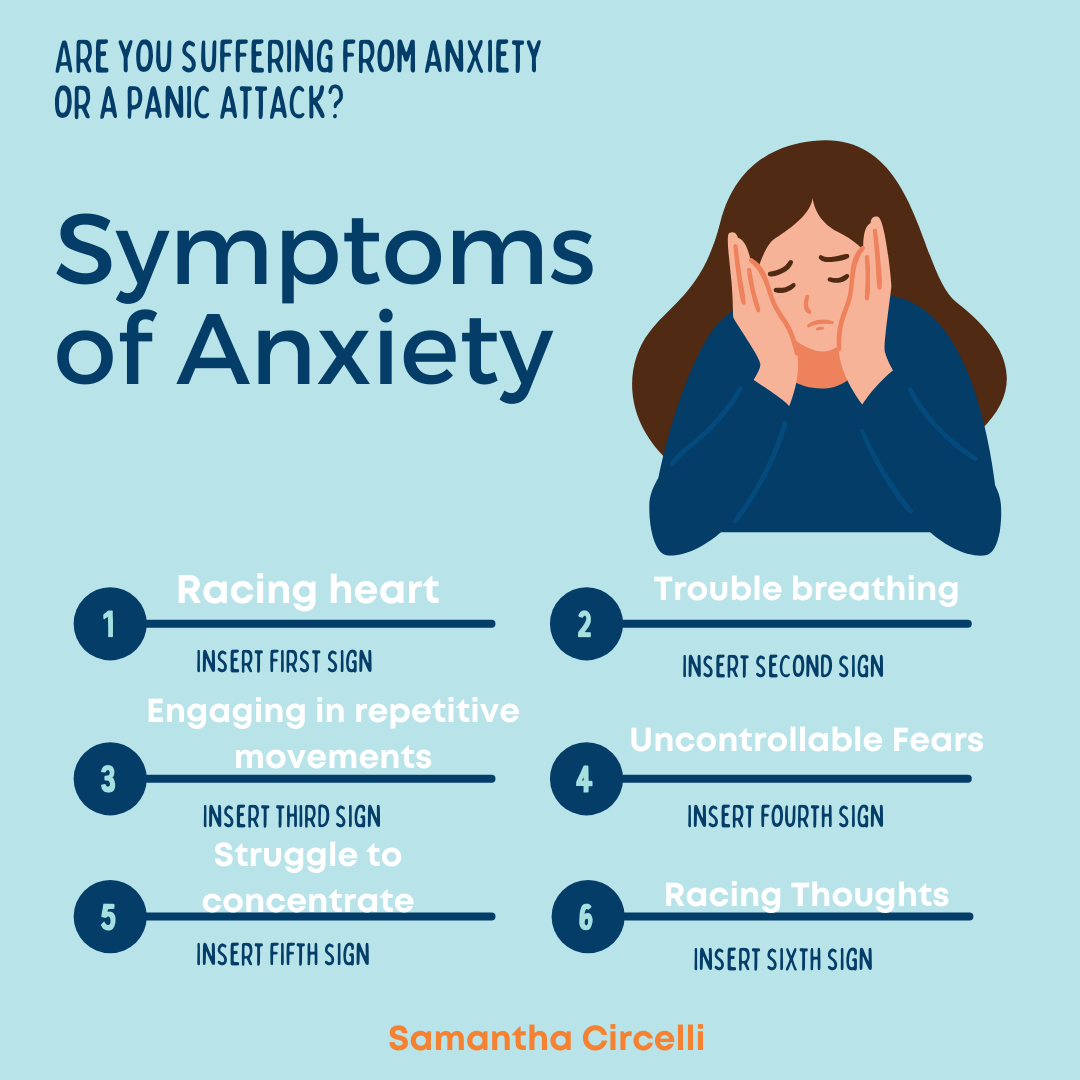 Each role was assigned. Right now everything is so conventional that it in itself gives rise to anxiety . There are no ready answers. We read them, search on the Internet, but there are so many of them that we get lost in this chaos.
Each role was assigned. Right now everything is so conventional that it in itself gives rise to anxiety . There are no ready answers. We read them, search on the Internet, but there are so many of them that we get lost in this chaos.
One psychologist says one thing, another another. Batiushka advises doing this, but mothers on the forum - in a different way. And in order to work out your position, you need strength, time, reflection, resources, support from loved ones, after all. And when mom and dad have completely different upbringing positions, it’s generally more difficult. What kind of mutual support are we talking about? Rather, there is a confrontation that is already moving into the marital sphere.
And sometimes you look at other mothers and understand that everything is perfect with them, and you don’t have a house - but a disaster . And as a parent, you are useless. They all smile on Instagram and talk about how they bake buns together with their 3-year-old daughter, and you don’t have time for buns, but at least cook soup.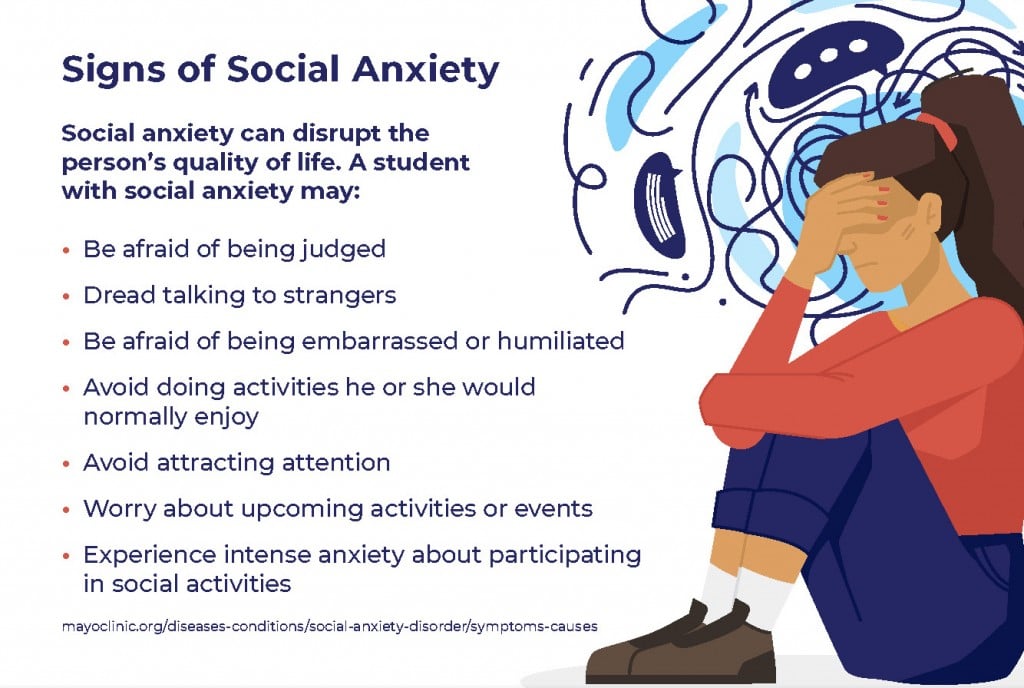 And a reasonable question arises: what is wrong with me? And the child begins to feel the uncertainty of the parental position, and can begin to manipulate.
And a reasonable question arises: what is wrong with me? And the child begins to feel the uncertainty of the parental position, and can begin to manipulate.
So what to do?
There is one quick and correct answer. But following this advice is extremely difficult. Take it, turn everything 180 degrees and start acting differently. However, I will upvote this answer.
We must accept that we cannot control everything that happens to the child . We cannot be held responsible for absolutely everything that happens to him. We can't put him in a safe bubble for only good things to happen to him. Moreover, it is even sometimes not superfluous when a child is faced with difficulties, some dangers, pain and imperfection of the world. So the child is more likely to grow up not as a "greenhouse plant", but as a person who is not afraid to face difficulties and knows how to solve them.
Psychologist advises how to cope with anxietyThere is an answer, but how to achieve it? How to show this acceptance in ordinary everyday situations?
- It is important to allow yourself to make mistakes.
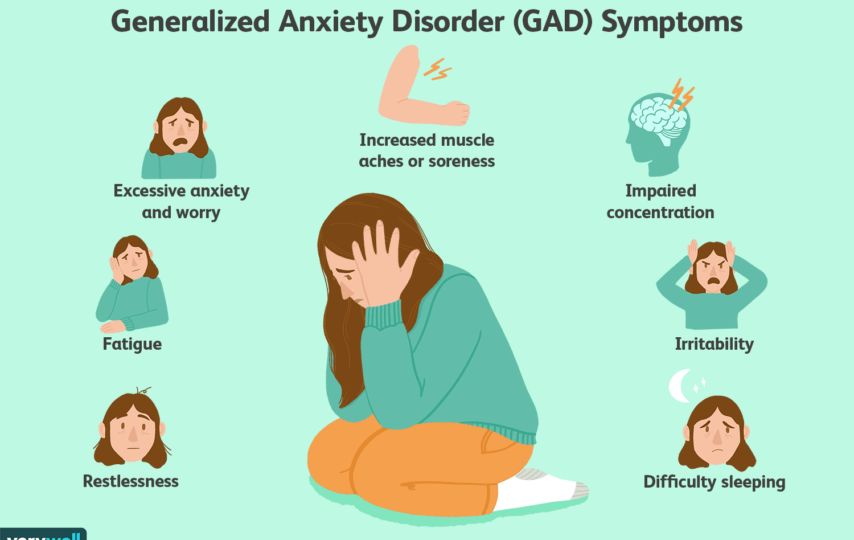 Parents are people too. We are not gods. And this must be accepted.
Parents are people too. We are not gods. And this must be accepted. - It is important to let your child make mistakes too. Let him fall sometimes on his own, so there are more chances that next time he will remember this “pit” without your help.
- You can analyze which fundamental points are significant to you. And very clearly designate them to the child as prohibitions, as some rules that apply in your home. And make sure that the child follows these rules.
- If the child has another parent, it would be nice to share the responsibility for the child with him/her, not to take full responsibility.
- And it is also important that there is something else in your life besides the parental role. This helps because parenting doesn't become the sole criterion for your success. Yes, this is an important part of life, but along with this, I can do both, and the third. This increases self-confidence, resilience and tolerance to stressful situations.
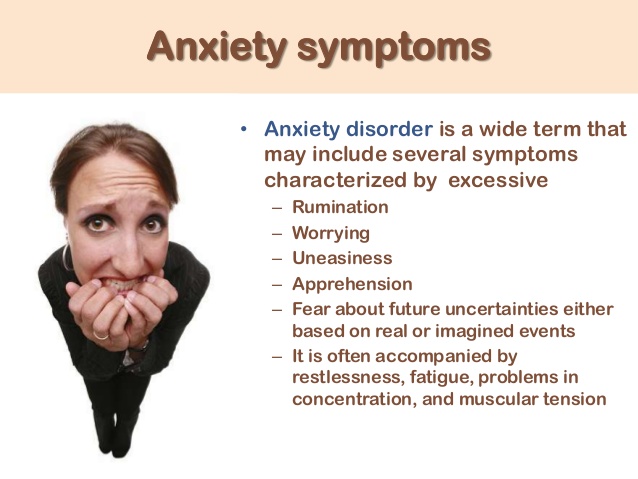
- It is important to understand yourself. And do not shift your personal problems, unresolved anxieties and complexes onto the child. Psychotherapy helps a lot with this.
- Well, of course, it's good to remember that school, state, social. protection, guardianship authorities, grandmothers on the bench, even your mother - this is not the ultimate truth. And above all, you need to focus on your assessments, on your opinion, and not try to meet the criteria created by someone.
The author of the article is k. ps. n., psychologist, psychotherapist Strokova S.S.
Coping with Anxiety: Tips for Parents
Submitted by Sonya on Tue, 02/08/2022 - 14:19
Managing Anxiety: Why It Matters
Anxiety and worry about parenting is normal.
The problem occurs when anxiety and worry become excessive. In this case, they are detrimental to health and daily life, and may even prevent you from becoming the kind of parent you want.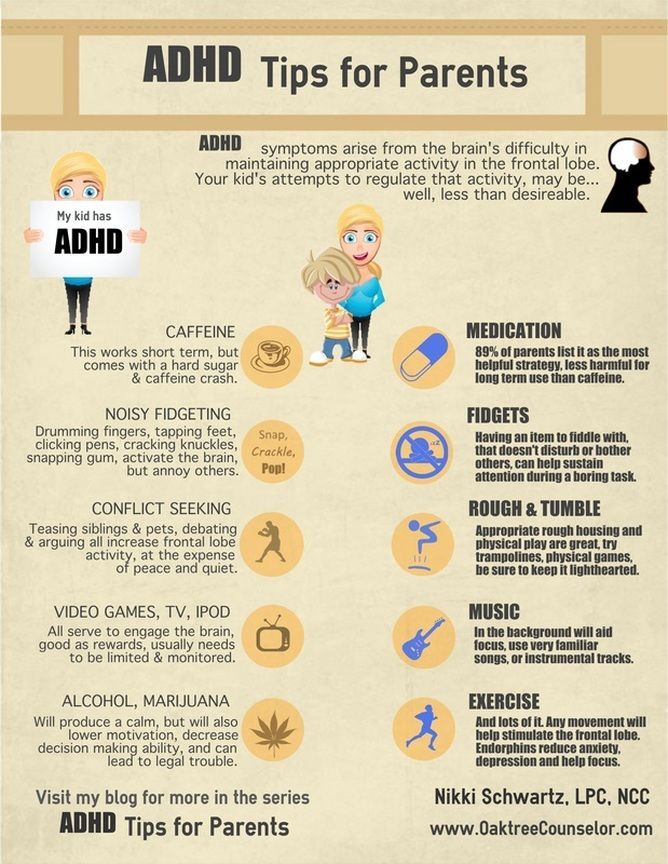 That's why it's so important to deal with anxiety.
That's why it's so important to deal with anxiety.
Anxiety symptoms
Some general anxiety symptoms:
- hard not to worry
- anxiety
- difficulty relaxing or falling asleep
- concentration problems
- depressed state
- palpitations
It is normal if any of these symptoms appear occasionally. But if you have many of them and find it difficult to lead a normal life, it may be time to look for ways to overcome anxiety.
How to deal with anxiety: tips for every day
If you have a situation or problem that causes anxiety , you can do the following:
- Give yourself time to calm down before reacting to the situation. For example, if a child came out of kindergarten and said that someone offends him, you may get excited. Instead of meeting with the caregiver right away, it is better to go home and talk to the child. If the next day the anxiety does not go away, arrange a meeting with the teacher.




